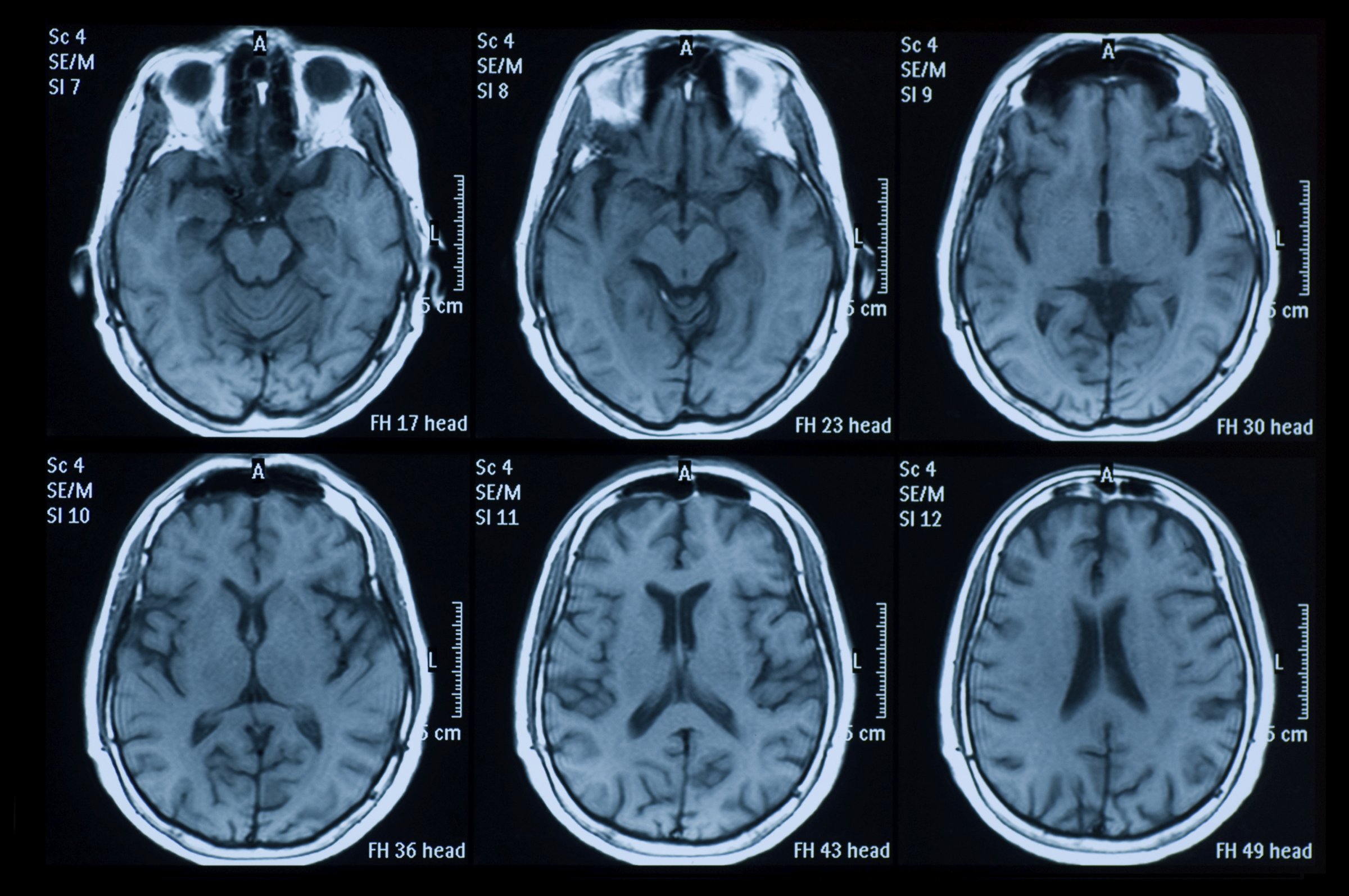
Oxford University researchers say that by simply having a patient hold still in an MRI scanner, they can detect the early onset of Parkinson’s disease.
The new technique, called “resting state fMRI,” allows researchers to scan neural connections in the basal ganglia part of the brain, where Parkinson’s patients tend to suffer marked declines in connectivity. Researchers found that by using a certain threshold of connectivity, they could predict the onset of Parkinson’s in 11 out of 13 patients, or with 85% accuracy.
“We are excited that this MRI technique might prove to be a good marker for the earliest signs of Parkinson’s,” lead researcher Clare Mackay said. “The results are very promising.”
The researchers say early detection could pave the way for new, preventative treatments to the degenerative disorder. There is no known cure to Parkinson’s disease, though there are treatments that can suppress symptoms including tremors, stiffening muscles and impaired movement.
The results were published Wednesday in the current issue of Neurology.
More Must-Reads from TIME
- Donald Trump Is TIME's 2024 Person of the Year
- Why We Chose Trump as Person of the Year
- Is Intermittent Fasting Good or Bad for You?
- The 100 Must-Read Books of 2024
- The 20 Best Christmas TV Episodes
- Column: If Optimism Feels Ridiculous Now, Try Hope
- The Future of Climate Action Is Trade Policy
- Merle Bombardieri Is Helping People Make the Baby Decision
Contact us at letters@time.com